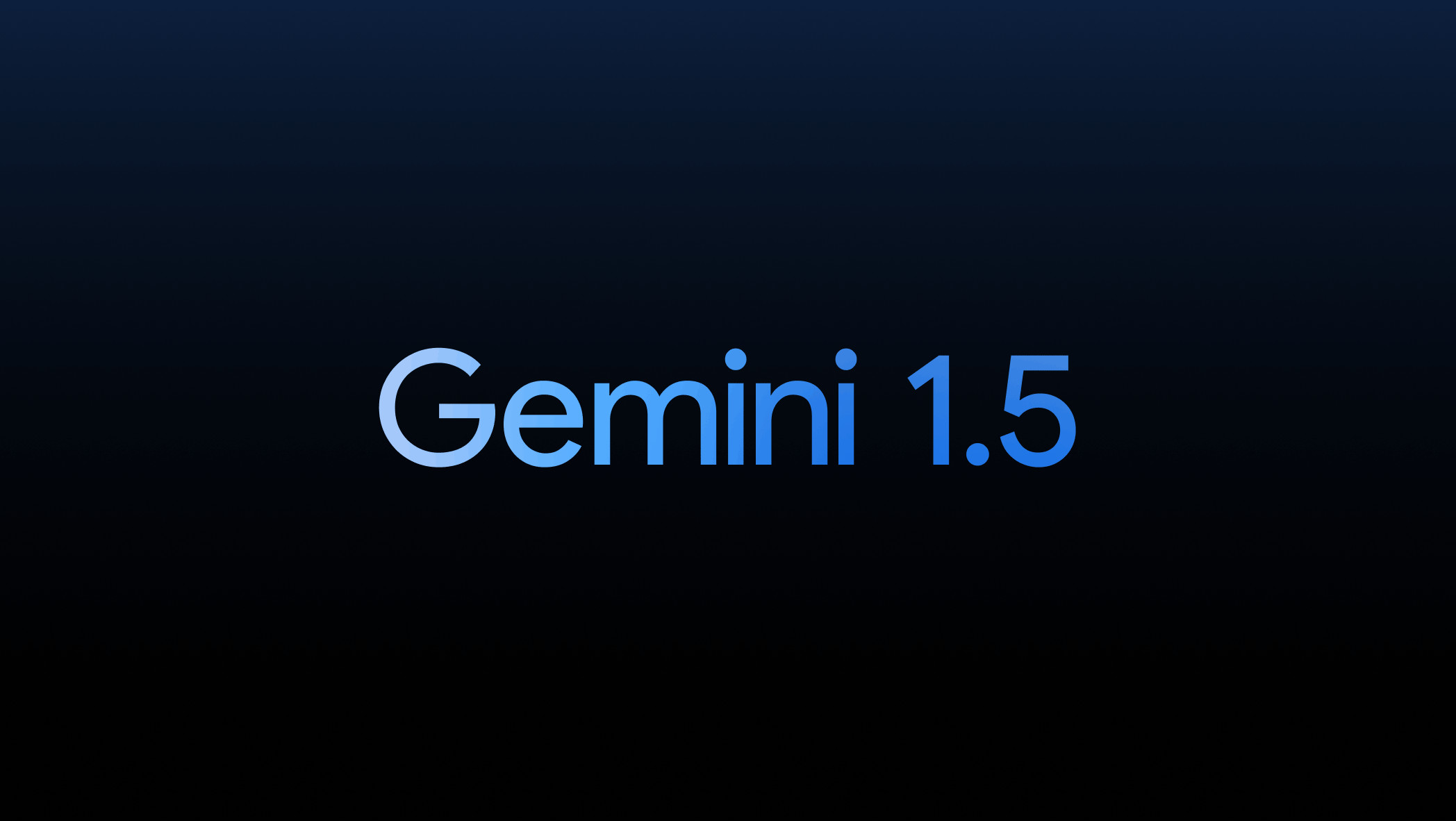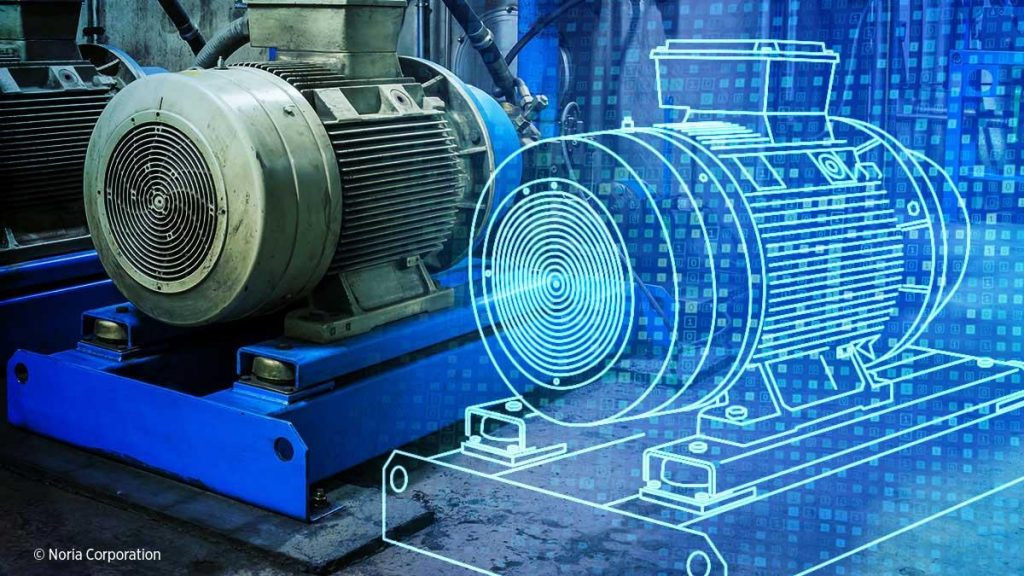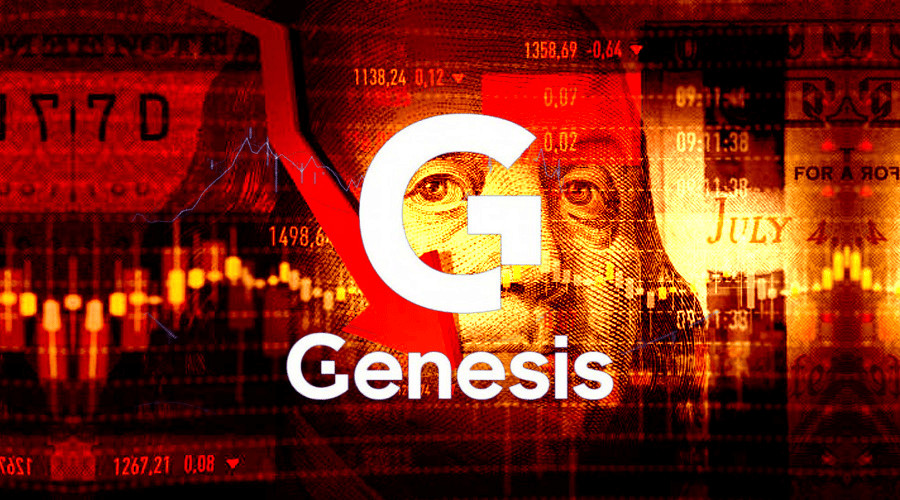Google's Gemini 2.0: A New Era of AI
Google, once focused on organizing the world's information, is now deeply invested in integrating that information into powerful AI algorithms. This ambition is embodied in Gemini 2, the latest iteration of Google's flagship AI model. Announced recently, Gemini 2 is designed to function as a versatile virtual assistant, capable of executing complex tasks across various platforms and interacting with the physical world through multimodal capabilities. Demis Hassabis, CEO of Google DeepMind, described his long-held dream of a universal digital assistant as a stepping stone towards artificial general intelligence – a vision Gemini 2 significantly advances.
Enhanced Intelligence and Multimodal Abilities
Gemini 2 represents a significant leap in AI intelligence, surpassing previous benchmarks. Its enhanced multimodal capabilities allow for seamless processing of video and audio, alongside improved conversational skills in speech. This enhanced intelligence also extends to the ability to plan and execute actions on computers, a critical step towards truly agentic AI.
Agentic AI: The Next Frontier
Google's focus on “agentic” AI models reflects a broader industry trend. AI agents are designed to handle multi-step tasks autonomously, prompted by complex instructions and utilizing external data sources and tools. This capability holds immense potential for revolutionizing personal computing, automating tasks like flight bookings, meeting scheduling, and document analysis. While reliable execution of open-ended commands remains a challenge, the potential benefits are undeniable.
Google's Demonstration Projects
To showcase Gemini 2's agentic capabilities, Google introduced specialized AI agents for coding and data science. These go beyond simple autocompletion, handling complex tasks like code checking and data integration for analysis. The company also unveiled Project Mariner, a Chrome extension that handles web navigation to complete tasks for users. A live demo saw Mariner seamlessly plan a meal, navigate a supermarket website, and add items to a shopping cart, even substituting unavailable items with suitable alternatives based on its culinary knowledge.
Project Mariner represents an exploration of how AI could transform user interfaces; it is currently a research prototype and continues to evolve.
Catching Up and Moving Ahead
The launch of Gemini 2 follows Google's December 2023 introduction of Gemini 1.0, a strategic move to compete with OpenAI's ChatGPT. Google had previously invested heavily in AI research, but OpenAI's rapid success highlighted the need to quickly advance and provide its users with competitive tools. The company is now embedding generative AI into its search engine and other products, enhancing user experience across the board.
Project Astra and the Physical World
Google also highlighted its advancements in enabling AI to understand and interact with the physical world. Project Astra allows Gemini 2 to interpret its surroundings through a camera, engaging in natural, human-like conversations about its visual observations. During tests at Google DeepMind's headquarters, Astra quickly assessed wine bottles, providing geographical information, taste characteristics, and pricing details from the web. This showcases its potential as a powerful recommendation system, connecting seemingly unrelated data points like preferred books and food choices.
Learning User Preferences
Beyond web searches, Astra leverages Google Lens and Maps, and possesses the remarkable capability to retain what it sees and hears, allowing it to learn user preferences over time. Though data deletion is supported, Astra’s learning capacity promises a highly personalized user experience. In demonstrations, Astra successfully provided historical information about paintings, translated poetry, and identified recurrent themes in books, highlighting its versatile information-gathering and processing capabilities.
Addressing Potential Challenges
Despite the impressive demonstrations, Google acknowledges the potential for unexpected behavior when integrating AI into the physical world. Addressing safety and security concerns is paramount; it requires carefully considering how people will utilize these systems, and implementing appropriate safeguards and regulations to ensure responsible use. The company recognizes the need for rigorous testing and iterative development to identify and mitigate any potential risks. Google's commitment to a gradual and exploratory approach underscores its dedication to safe and responsible AI development.
Gemini 2.0 Flash: A Developer-Focused Innovation
Google’s recent release of Gemini 2.0 Flash focuses on empowering developers. This latest addition to the Gemini family is intended to facilitate the creation of agentic applications within AI Studio and Vertex AI platforms. AI agents are highly sought after in the machine learning field due to their ability to perform complex tasks efficiently. However, creating reliable and user-friendly AI agents that fully meet consumer expectations and maintain a high level of accuracy remains an ongoing challenge.
Speed and Multimodal Capabilities
Gemini 2.0 Flash is significantly faster than its predecessor, Gemini 1.5 Pro, offering double the speed with enhanced performance. Its multimodal capabilities are impressive, allowing for the seamless processing of text, images, and audio input, and equally flexible output options, including generating images alongside text and controllable multilingual audio. The model seamlessly supports tool usage, including code execution and search, enabling the access of recent information, calculation functions and interaction with data sources with minimal setup.
Jules: An AI Coding Agent
Google also introduced Jules, an experimental AI coding agent designed to integrate with GitHub workflows. Jules is capable of handling various development tasks, including bug fixes and other time-consuming procedures. By operating asynchronously, Jules allows developers to focus on the core aspects of development while it manages the more tedious aspects. Although currently in an early access program, its potential to enhance developer productivity is significant. It demonstrates the potential for AI to manage complex, multi-step coding tasks, efficiently modifying multiple files, and even preparing pull requests for seamless integration into GitHub.
Addressing the Agentic Era
Google’s push towards agentic AI, exemplified by Gemini 2.0, represents a bold step toward a future where AI actively participates in our daily lives. The vision of an AI that not only understands the world around it but also proactively takes actions to assist us requires careful consideration, with an emphasis on safety, ethical implications, and responsible development. The challenges are complex, but the potential rewards are immense. The path towards truly agentic AI necessitates a measured approach, combining technological innovation with a deep commitment to safety and user well-being.
The Future of AI: A Balancing Act
Google's ambitious advancements in AI bring both excitement and apprehension. While Gemini 2.0 and its associated projects demonstrate enormous potential, the ethical considerations surrounding agentic AI cannot be overlooked. Responsible development and deployment are paramount, and Google's acknowledgment of these concerns is crucial. The future of AI hinges on a careful balance between innovation and responsibility, ensuring that these powerful technologies serve humanity's best interests.

















